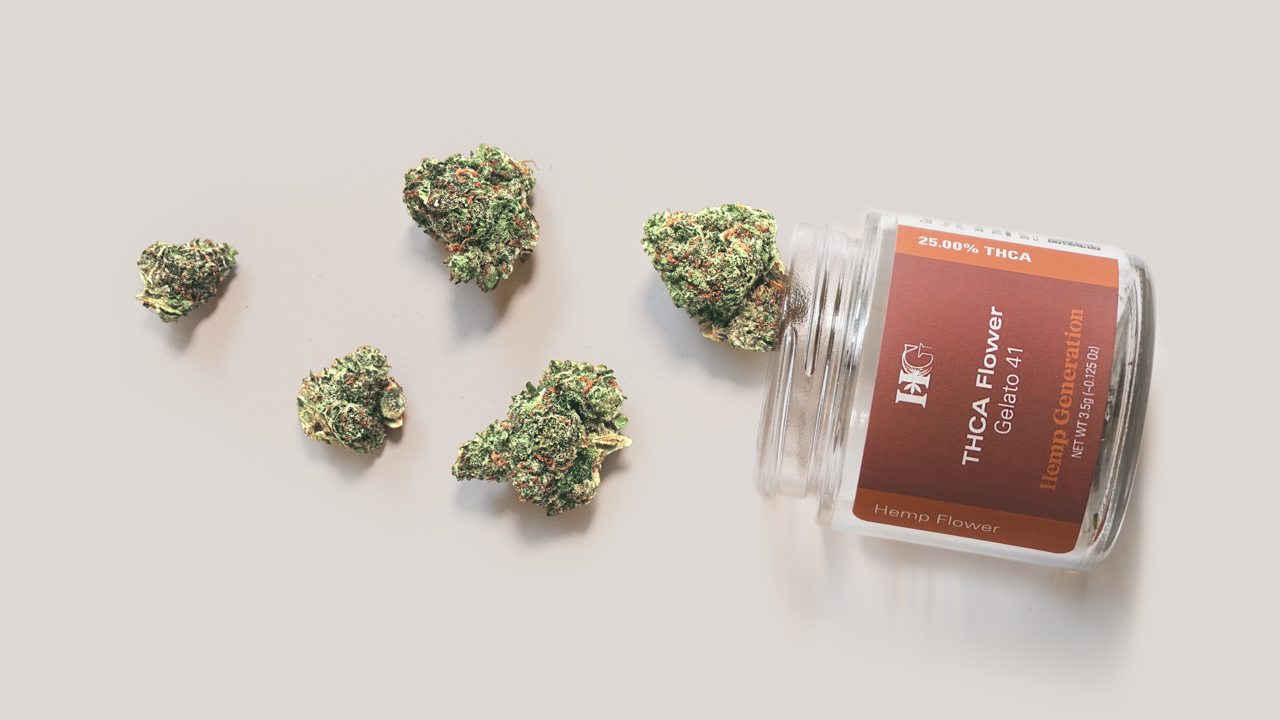In the ever-evolving landscape of cannabis, one term has been generating buzz among enthusiasts and researchers alike: THCA flower. This captivating botanical gem is more than just another facet of the cannabis world – it's a journey into the untapped potential of cannabinoids and their effects on the human experience.
A Brief Dive into History
THCA, or tetrahydrocannabinolic acid, is a precursor to the well-known THC (tetrahydrocannabinol). When heated, THCA undergoes a process called decarboxylation, transforming into THC and releasing its psychoactive effects. While THC has been the star of the show for many years, the attention is now shifting to its raw form – THCA.
Historically, ancient civilizations utilized cannabis for a range of medicinal and spiritual purposes. However, the emphasis was often on other parts of the plant. With advancements in research and technology, the unique properties of THCA are being brought to the forefront, promising a new chapter in the cannabis narrative.
The Intriguing Effects of THCA Flower
THCA flower introduces a realm of effects that differ from the conventional THC experience. One of the most captivating aspects is the absence of the intense psychoactive high often associated with THC consumption. Instead, THCA offers a more gentle, subtle elevation that can be described as a "clear-headed" high.
Enthusiasts report feelings of relaxation, enhanced focus, and heightened sensory perception when consuming THCA-rich flower. This makes it an intriguing option for those who seek therapeutic benefits without the overwhelming cerebral effects. Many users describe a sense of upliftment, making THCA flower a popular choice for daytime use.
Exploring the Potential Health Benefits
Beyond the unique high, THCA flower holds promise as a potential therapeutic agent. Preliminary research suggests that THCA possesses anti-inflammatory, neuroprotective, and antiemetic properties. These attributes have sparked interest in its potential application for conditions such as chronic pain, neurodegenerative disorders, and even nausea associated with chemotherapy.
It's important to note that while the scientific community is beginning to uncover THCA's potential, further research is needed to fully understand its mechanisms of action and clinical implications.
Methods of Consumption and Dosage
THCA-rich flower can be enjoyed through various consumption methods. Vaporization at lower temperatures is a popular choice, as it allows THCA to be activated without reaching the decarboxylation threshold that converts it to THC. This preserves the unique effects and flavors of THCA.
Dosage is a crucial consideration, especially considering THCA's distinct effects. Start low and go slow to find the optimal dose for your individual preferences and needs. As always, it's recommended to consult with a healthcare professional before incorporating any new substances into your wellness routine.
In Conclusion
Elevating your high with THCA flower is an invitation to explore the intricate and nuanced world of cannabinoids. From its historical roots to its distinct effects, THCA flower offers a fresh perspective on cannabis consumption. Whether you're seeking a clear-headed relaxation or delving into potential therapeutic benefits, THCA flower promises an experience that's as unique as the compound itself. As research continues to unfold, the mystique of THCA flower only deepens, offering a new dimension to the diverse world of cannabis.


